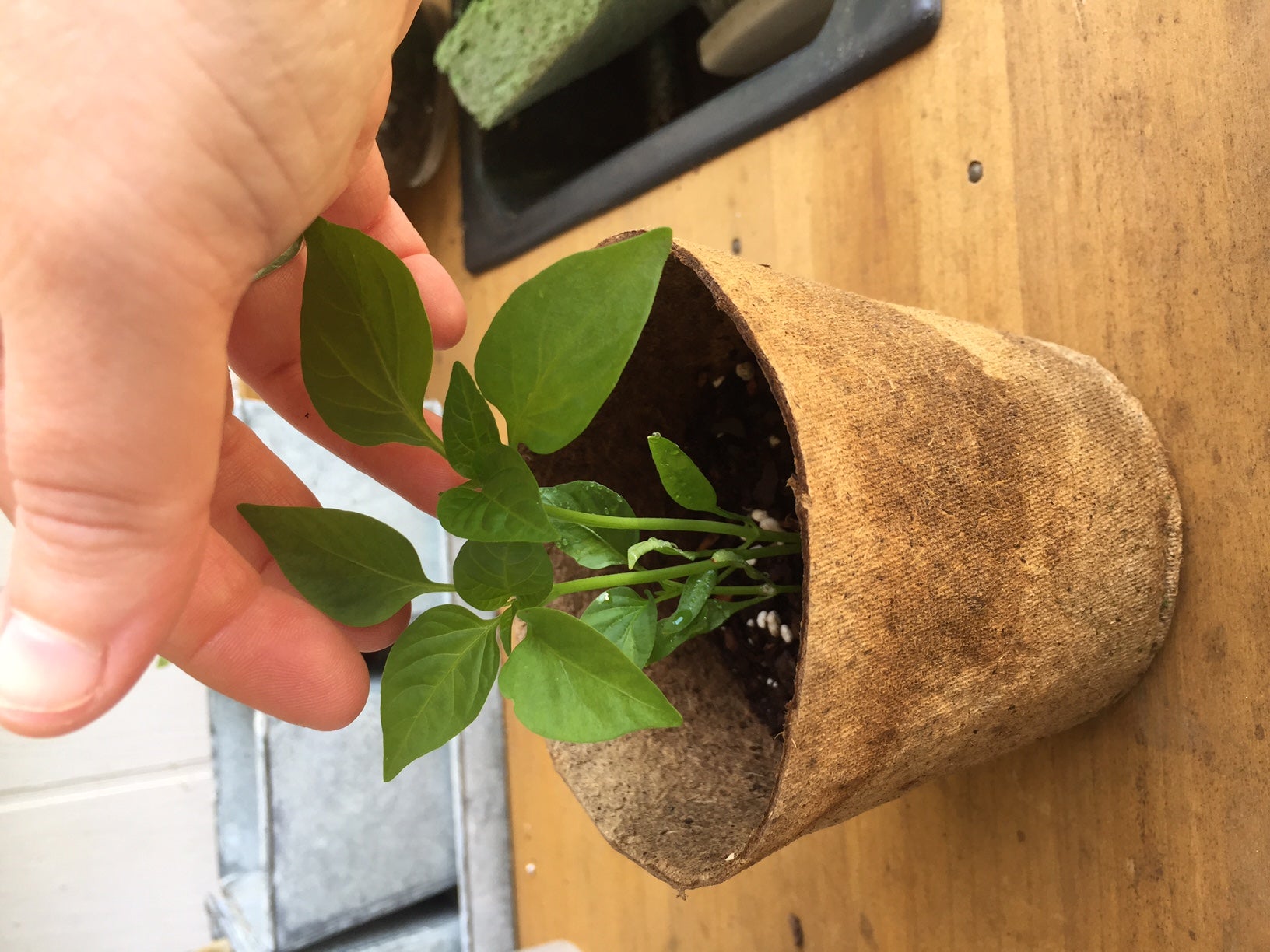Thigmomorphogenesis Info: Why Should I Tickle My Plants

Sign up for the Gardening Know How newsletter today and receive a free copy of our e-book "How to Grow Delicious Tomatoes".
You are now subscribed
Your newsletter sign-up was successful
Have you heard of tickling plants to help them grow? If you saw someone tickling, stroking, or repetitively bending plants, you might assume they were crazy. Yet, these exact practices have been adopted in some commercial greenhouses and nurseries. By tickling plants, these growers are taking advantage of something called thigmomorphogenesis, a little-known phenomenon that affects how plants grow. “Why should I tickle my plants?” you may wonder. This article will explain the reasons behind this unusual practice.
Thigmomorphogenesis Info
So, what is thigmomorphogenesis? Plants respond to light, gravity, and moisture levels, and they also respond to touch. In nature, a growing plant encounters rain, wind, and passing animals. Many plants detect and respond to these touch stimuli by slowing their growth rate and developing thicker, shorter stems. Wind is an important touch stimulus for many plants. Trees sense the wind and respond by changing their growth form and developing greater mechanical strength. Trees growing in very windy spots are short, with strong, thick trunks, and they often take on a windswept shape. This helps them avoid being blown down in windstorms. Vines and other climbing plants respond differently to touch: they grow toward the object touching them by altering the growth rate of each side of the stem. For example, if you repeatedly stroke a cucumber tendril on the same side every day, it will bend in the direction of the touch. This behavior helps vines locate and climb structures that can support them.
Does Tickling Plants Help Them Grow Stronger?
Seedlings grown indoors are susceptible to etiolation, or excessively tall and spindly growth, especially when they don’t get enough light. Tickling seedlings grown indoors can help prevent etiolation and strengthen their stems. You can also mimic outdoor wind by placing a fan near your seedlings – this touch stimulus can encourage stronger growth. Tickling your plants is a fun experiment, but of course, it’s very important to provide indoor plants with what they need to ensure they grow properly. Prevent etiolation by giving your plants enough light, and avoid excessive nitrogen fertilizer, which can encourage weak growth. Be sure to harden off your plants before transplanting them outdoors. Exposure to outdoor wind conditions will strengthen your plants’ stems and ensure they can tolerate the garden environment after they’re transplanted.
Sign up for the Gardening Know How newsletter today and receive a free copy of our e-book "How to Grow Delicious Tomatoes".
Ilana Goldowitz Jimenez is a scientific and agricultural writer with a B.S. in Plant Sciences from Cornell University and a PhD in Chemical Biology and Infectious Disease from Harvard University.